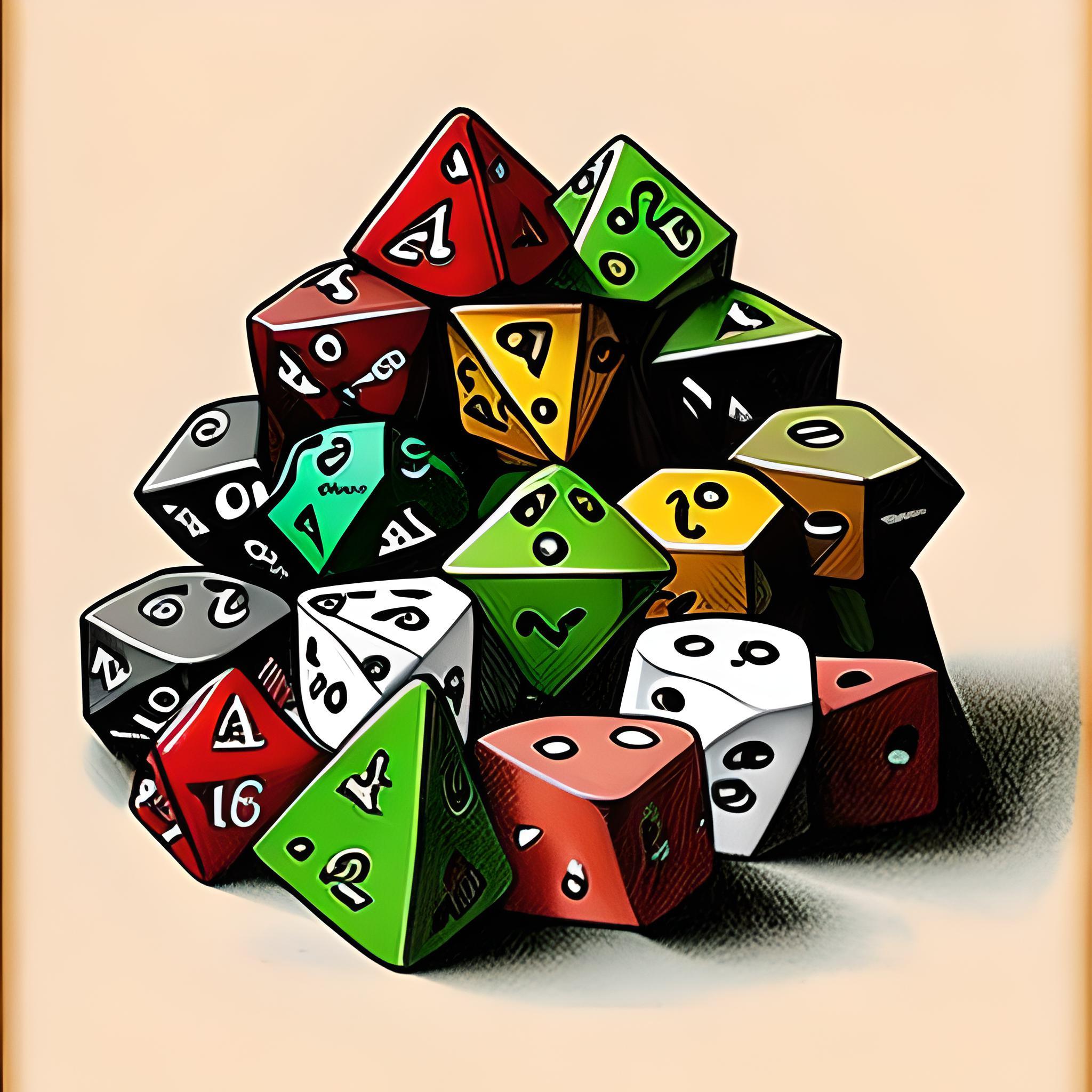D&D FAQs
Interested in exploring whether D&D is a game you want to play? Not sure where to start?
Check out the FAQ’s below if you’re a newbie or D&D curious.

How do you play D&D? How do you win?
Considering the rules and options for playing D&D span thousands of pages and dozens of books (of which, you do not need to know everything), here is the simplified version. First, there are no winners and losers. It’s meant to be a collaborative game of people working together to a common goal. And there is no winning generally, unless you decide to dictate a goal and deem completion of that goal to be a win.
D&D is more like collaborative fantasy story telling with a group of friends. There are two primary roles – the Dungeon or Game Master (DM or GM), and the player characters (PC’s). The DM is the person who imagines up the setting where the players will play. They role play enemies and all non-player characters (NPC’s) in the story and they are the judge for all rules and game mechanics.
The players each choose a character to play and there are endless combinations of Races (species) and Classes, which dictate many of their skills and abilities. Each player has a unique set of strengths and weaknesses. Some have magic, some are more physically skilled, and so forth.
Progression in the game involves the DM setting up some kind of mission or quest, and the PC’s role playing how they are going to take on the tasks required. As they explore, engage with NPC’s, and battle enemies, they use polyhedral dice to determine successes and failures.
How do you learn all the rules?
Every new player should own a copy of the Player’s Handbook. There are free PDF copies online, or you can get a hard-cover book for around $50. This will give you the basics of the playable Races and Classes, game mechanics, and descriptions of things like equipment and spells.
But the best way to learn, in my opinion, is to watch or listen to other people playing. I started learning by listening to a podcast called You Meet in a Tavern. Then I discovered the phenomenon of Critical Role, a group of professional “nerdy-ass voice actors” who broadcast their games on YouTube, Twitch, and via podcast. Fair warning, their sessions are long (3-4+ hours).
Here is a great list of podcasts you can follow.
How long does it take to play a game?
One sitting of playing D&D is called a session. These can last anywhere from 3-5 hours. The journey your DM takes you on is called a Campaign. And campaigns can last for years, depending on how often you play, how complicated your DM makes the world you play in, and how many story arcs you wish to take on. Playing D&D is definitely an investment of time, but you’ll see many people become extremely emotionally invested in their characters and the story.
Do you play with a board and miniatures?
You can but it is not required. Many people play online with a Virtual Table Top (VTT) such as Roll20.com. This became much more popular during the pandemic.
But traditionally, players gather at someone’s house and sit around a table to play. Most exploring and role playing occur without any visual aids, but the DM may bring out some kind of map or board for combat encounters. This is when the mini figures come into play so you can see where your character is in relation to other characters and objects during a fight.
Is role-playing required?
D&D can be played without fully acting out what your character says and does, but it is a much more rewarding and immersive experience if you make an effort to role-play.
How many people can play?
In addition to the DM, a traditional party is 4-6 players. Pre-written campaigns are designed for that many players to be balanced. A party of 3 can work just fine. I wouldn’t encourage more than 7-8 players as it slows down game play.
How do you start playing D&D?
The easiest way to get started is to know someone else who plays. It’s definitely helpful for a beginner to have a more seasoned player to guide them. But if you don’t know anyone, or you don’t have enough people for a whole party, talk to the people at your local nerdy gaming store or see if there are regional Facebook groups for D&D players in your area. There are also a few websites that help people find virtual groups to play with.
More on this and ALL of the above questions to come in the Daily Druid blog.



